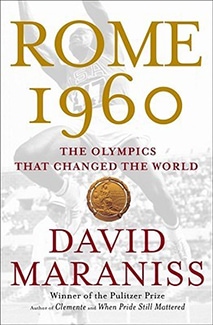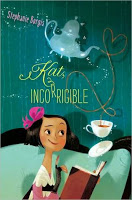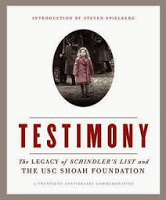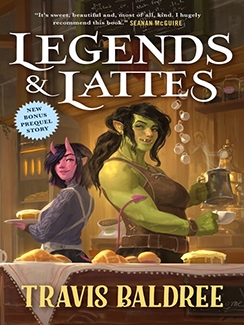I have affiliate relationships with Bookshop.org and Malaprop's Bookstore in beautiful Asheville, NC. I will earn a small commission at no additional cost to you if you purchase merchandise through links on my site. Read more on my affiliate page.

Title: Rome 1960: The Olympics That Changed the World
Author: David Maraniss
Genre: Sports, History
Audience: Adult
Format: Hardcover
My Synopsis:
1960 was a turbulent year. The Cold War was getting serious, with Eisenhower and Khrushchev using the Olympic Games as a propaganda platform and trying to woo athletes into defecting. The Civil Rights movement was gaining traction. Definitions of “amateurism” and the direction of future Olympics were being determined. For the first time ever, a few competitions were being televised. South Africa was trying to fight apartheid. Women were being accepted into more and more events but were still woefully underrepresented. All of these external factors came to bear on the landmark Olympic games set in the Eternal City.
My Review:
I don’t know that I agree that these Olympics “changed the world” but I would definitely agree that they showcased changes that were happening in the world at large.
I’m not a sports fan but I read this for the “Eclectic Reader Challenge” as a sports book that I might be able to tolerate. I was pleasantly surprised to find myself enjoying it. I can’t say I particularly cared about all the details of every race and competition, but the personalities and the history were the driving force behind the book. I found myself taking away a series of striking mental pictures, some amazing, some that left me shaking my head.
Ethiopian Abebe Bikila running barefoot through the dark streets of Rome to win the Olympic gold medal in the marathon, becoming the first East African to win a medal.
South Africa arguing successfully that the reason there weren’t any black athletes on their team was because they just weren’t as talented as the white athletes.
Bing Crosby belting out “The Star-Spangled Banner” when an anti-American crowd was booing as it played for Eddie Crook, a gold-medal winning boxer.
Wilma Rudolph, who had polio as a child, gracefully running to a gold medal in the women’s 100 meter, 200 meter, and 4 x 100 meter relay.
The shock and dismay of the old-school male committee members when women running the 800-meter (about half a mile) collapsed in exhaustion at the end. The event had been cancelled since 1928 for that reason.
Rafer Johnson hanging on through the final event, the 1500 m run, with grim determination to win the decathlon.
Weightlifter Yuri Vlasov marching into the Olympic stadium carrying the Soviet flag in one outstretched hand in the Opening Ceremony.
Rafer Johnson, the first African-American man to carry the flag for the United States in the Opening Ceremony.
Even though I really don’t enjoy watching sports, I do love watching the Olympics. I think it’s seeing these world-class athletes at the peaks of their careers that makes it special for me. But more than that, I’m a sucker for the background stories. I absolutely respect the hardship and sacrifice that the athletes endure to get where they are. If you enjoy these kinds of stories as well, you’ll enjoy this book.
Similar Books:
If you liked Rome 1960: The Olympics That Changed the World, you might also like my reviews of
- Into Thin Air: A Personal Account of the Mt. Everest Disaster by Jon Krakauer
- Seabiscuit: An American Legend by Laura Hillenbrand
Purchase:
Buy Rome 1960: The Olympics That Changed the World from Malaprop’s Bookstore in Asheville, NC.
I have an affiliate relationship with Malaprop’s Bookstore/Cafe in beautiful Asheville, NC. I will earn a small commission at no additional cost to you if you purchase merchandise through links on my site.
Armchair image courtesy of Serge Bertasius Photography at FreeDigitalPhotos.net







1 Comment
the background stories can be very inspiring, I love watching the olympics, especially the winter!